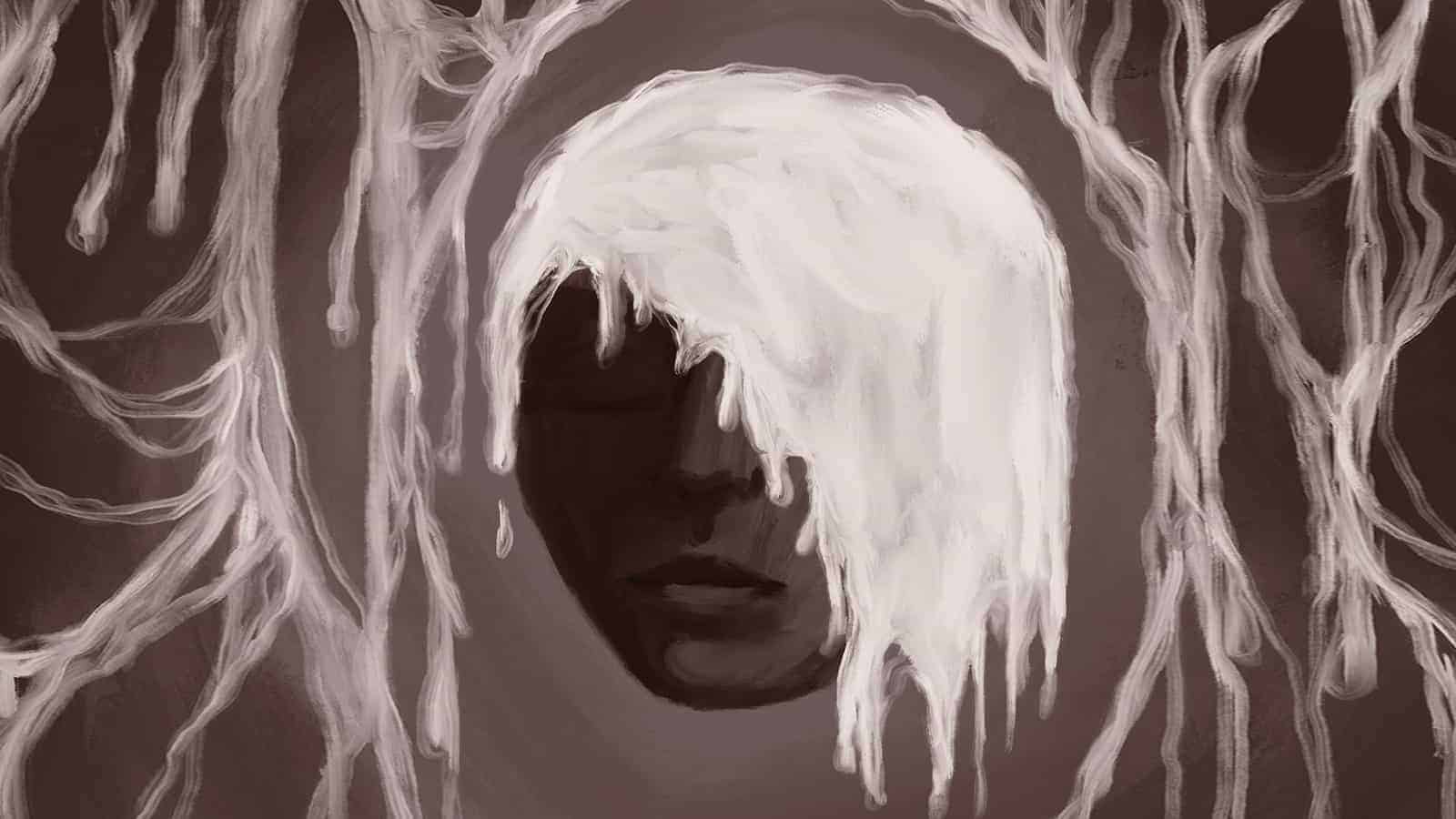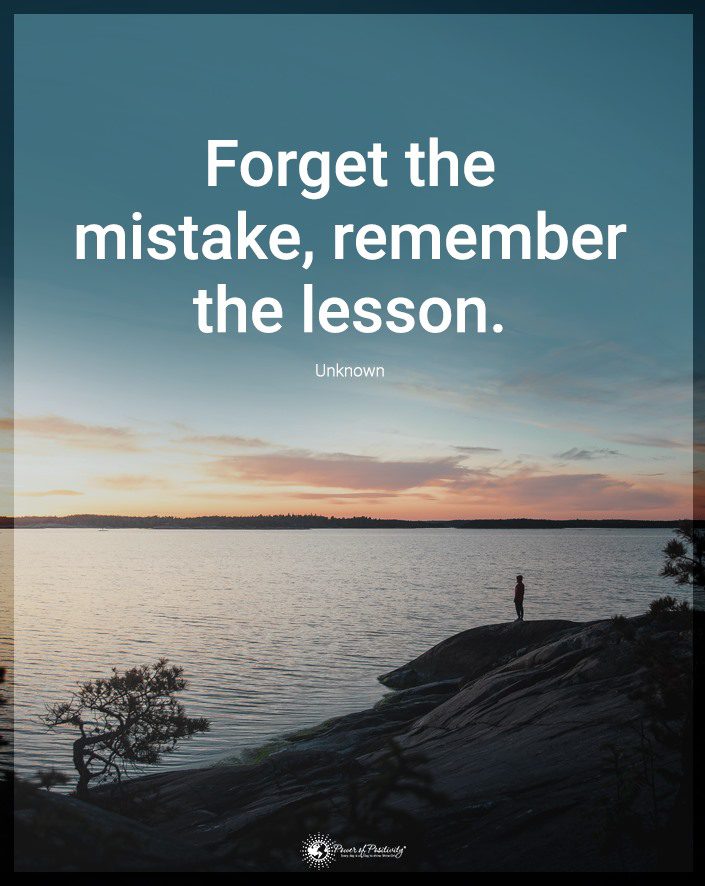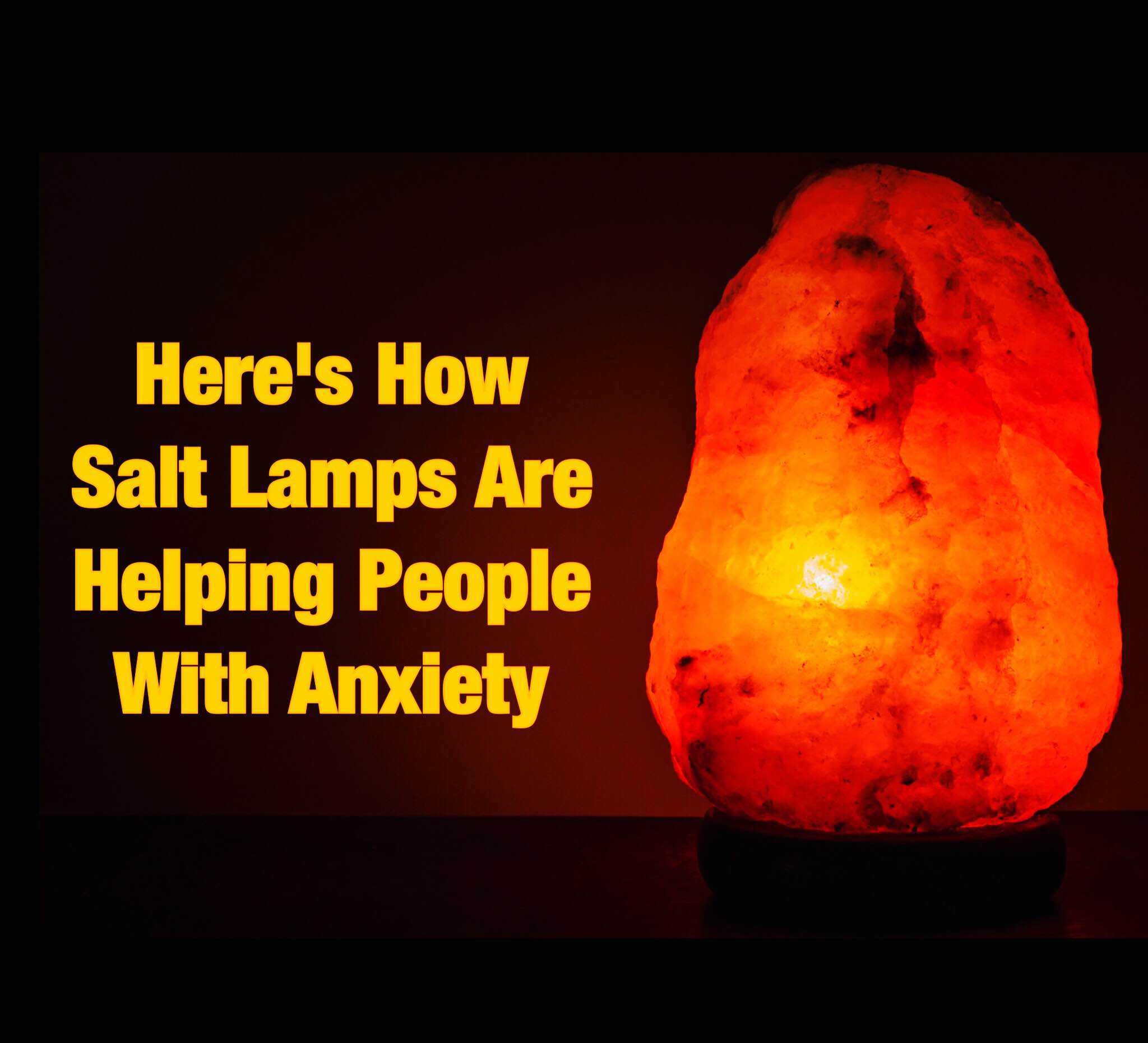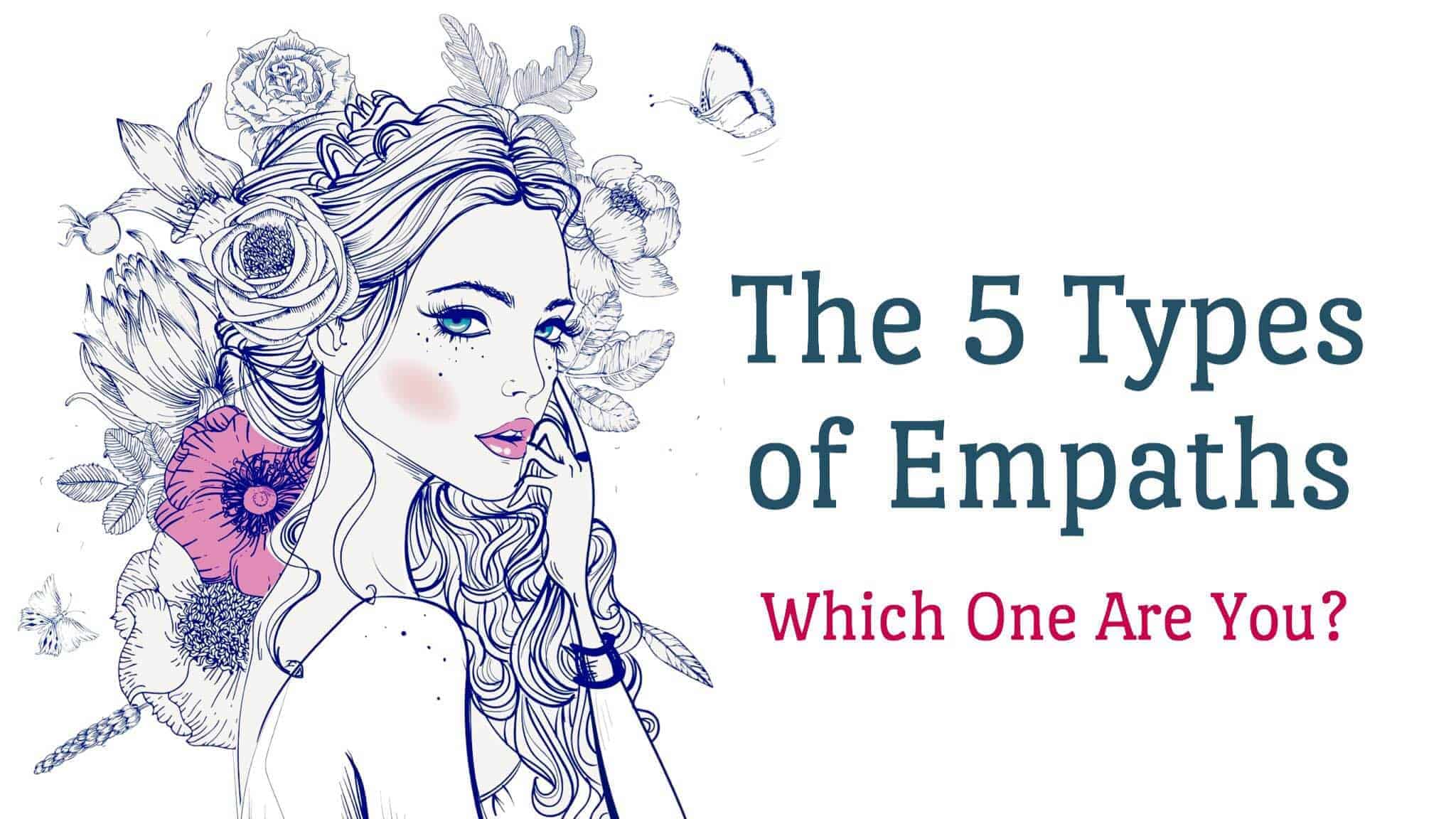Have you ever wondered what repercussions are associated with being self-critical? Are you curious to know if there is a link between criticizing yourself and the decisions you make? Is there any way that a negative self-perception could make you make worse decisions?
Nowadays, people are becoming more and more self-critical. Many of the risks associated with being too self-critical are known. Still, one risk that people don’t talk about is a decrease in decision-making capabilities. While it might seem like the two are unrelated, seeing yourself in a negative life can harm your decision-making process.
Why Do People Criticize Themselves?
Many people think that criticizing themselves is a great thing to do. And while some degree of self-criticism is necessary to hold yourself accountable and improve yourself, most people go overboard. The main issue with someone being self-critical is that many people don’t understand the difference between constructive and destructive criticism.
Most people cross that fine line between being critical and falling into a negative mindset. Instead of acknowledging what they could fix, they end up beating themselves down for no reason. Self-criticism sets unrealistically high standards. It makes people punish themselves when these standards are unmet.
As those standards are unrealistic, they are not met more often than not, so they are derogatory quite often. Psychologist Golan Shahar says that there are two main reasons why people become self-critical. Firstly, because of critical and punitive families. Secondly, vulnerable genetics create the tendency to look inward and pick up flaws.
Childhood trauma is the most pressing issue that pushes people to be self-critical. Many people grow up without praise, fearing punishment at all times. If you lived through that, you would continue to be a perfectionist in your adult life. You start believing that being tough on yourself can be used as motivation. You might even start thinking that self-compassion is self-indulgence, so you start straying away from showing yourself kindness.
4 Ways Criticizing Yourself Harms Decision-Making
At its core, self-criticism is a habit. And, like all other habits, it can be unlearned. You need to understand why that habit was formed and why it still exists to stop doing it successfully. Self-criticism is a bad habit that can harm many aspects of your life. But, how can it hurt the decision-making process, and how can you do to unlearn it?
1. It Makes You Self-Conscious
Fundamentally, self-criticism means picking yourself apart to see what you are doing wrong. While you might have good intentions when doing that, it doesn’t allow you to focus on the good in you. To be self-critical, you always have to point out the negative, which diminishes someone’s self-esteem.
All people have some issues with self-esteem. You might not like certain features. You might not like how you do specific tasks. There is a myriad of things that can make you feel self-conscious. In most cases, being self-critical will perpetuate all the little insecurities you have. The worst part is that many things people are self-conscious about can’t even be changed.
If your nose is crooked, you can’t change that without surgery, which is unattainable to most people. The more you pick yourself apart seeking for flaws, the worse your self-esteem will be. People with low self-esteem are usually the ones who can’t make good decisions. They might not take a job they are qualified for because they believe they aren’t smart enough. They might not go on a date because they think they aren’t good-looking enough.
Insecure people can’t have an accurate view of their capabilities, so they will often underestimate themselves. This habit leads to them being scared to decide to take on specific responsibilities. This attitude makes them second-guess themselves, which in turn causes them to make less accurate decisions. The critical voice in the back of your head will keep nagging you until you aren’t even sure what you want anymore.
How To Fix It:
Please become more self-aware. Don’t try to fix all the imperfections you have, instead focus on understanding and accepting your limitations. Just because you aren’t perfect, that doesn’t mean you don’t have a lot of qualities. Focus on what you can do instead of what you can’t, and base your decisions on that.
2. Criticizing Yourself Makes You Overthink
Decisions need to be firm. To make good decisions, you need to be sure about what you want. Even if you aren’t sure about the correctness of your decision, you need to be at least able to take a risk. A decision needs to be clear and concrete, so overthinking is the last thing that will help you make decisions.
Criticizing yourself non-stop will make you lose trust in who you are. It makes you dig and dig for any minor flaw in your logic. This can lead to you bouncing from one idea to another, dropping them the second you find something wrong. You want to make a good decision so bad, so you start worrying and overthinking. But that slows down the mental processes needed to make decisions. When you try to examine all the little details of a dozen different choices, you will exhaust your brain.
Instead of having a smooth process, you force your brain into an uncomfortable position. Thus, you make it much harder for your brain to choose between many options. It is much better to brainstorm a few options, pick one, and go in-depth with that idea. If you try going into detail with each one, and you compare them after, you can quickly get confused. Instead of overthinking, focus on the goal you want to achieve.
How To Fix It:
In many cases, it’s much better to be instinctual. Your instincts come from all the experiences you have ever had in your life. While you might not remember everything you’ve ever done, your brain remembers subconsciously. It knows how to lead you on the right path. Go with what your gut tells you, and perfect that solution.
3. Criticizing Yourself Makes You Become A Perfectionist
Self-critical people become like this because of specific past events. Those events are usually traumatic, like living in an environment where you are punished for every slight misstep. They develop a fear of punishment, which they associate with not being perfect. Naturally, their brain pushes them to become a perfectionist to try and protect them from getting hurt.
If you are perfect, you can’t be punished for your mistakes because you make none. This idea sounds straightforward if you ignore a massive flaw in the logic of the statement. People can’t be perfect. How good or bad you do certain things is subjective. Someone might think your plan to tackle an issue is impressive, while another might think it’s horrible.
Not only that, but perfectionists set high standards for themselves. In trying to please everyone around them, they become overachievers. These are the people who go to med school even if they hate it because that’s considered one of the best educations you can get. Because they are driven by fear and try to please everyone but themselves, they often make bad decisions.
Sure, those decisions might not objectively be bad. Choosing to go to med school could never be described as bad objectively. But the subjective opinion on the matter is more important. Or their decisions might get even worse than that. Their perfectionism might lead them down the overthinking path. So, they make objectively bad decisions because their brain is overworked.
How To Fix It:
To fix this, you need to stop holding yourself to others’ standards and focus on what you like. The less self-critical you become, the more you can focus on yourself. Allow yourself to dream, and drop those unrealistic standards.
4. Criticizing Yourself Might Make You Procrastinate
While many people who are self-critical become perfectionists, there are a lot of them who become procrastinators. This is just as harmful to the decision making-process as striving too high is. When you procrastinate, you force yourself to make rushed, last-minute decisions.
Because of that fear of being punished when they do something wrong, self-critical people might choose to do nothing at all. This is done in the hope that the less you do, the less you will be able to mess up. Thus, you create a habit of only making decisions when you have to. And those decisions are postponed for as long as possible.
These types of decisions are often harmful because they are based on the wrong criteria. Instead of thinking things through, you make choices because of the pressure. You are often driven by emotions, especially negative ones, when you procrastinate. This behavior clouds your judgment and doesn’t allow you to be objective and logical.
How to Fix It:
Instead of waiting until the last moment, you should try to take your time, write things out, and find the time to analyze your options. If you stop being overly self-critical, you can stop being afraid of failure, thus removing the need to procrastinate. If you stop being self-critical, you will become more confident. So, even if you want to keep procrastinating, you will increase your ability to think on the spot.
Final Thoughts On How Criticizing Yourself Harms Decision-Making
Being self-critical has some advantages if done right, but it is a slippery slope. Most people who create a habit out of being self-critical do it in a negative way that harms many aspects of their life. This stems from the fact that a self-critical mentality comes from living in a bad environment where you are constantly judged. If you’ve experienced a lot of criticisms in your early life, the trauma will stay with you for your adult life. This will disallow you from being self-critical in a positive way, thus harming your decision-making process.
Self-critical people have low self-esteem, tend to overthink, and are either perfectionists or procrastinators. All these characteristics lead to you making worse choices. Whether it is because of fear, pressure, lack of time, or whatever other reason, your decisions will not be the best ones you could make if the context were different. Instead of engaging in self-criticism, you should become more self-aware and focus on your strengths rather than your weaknesses. Try to build up your confidence, trust your instincts, and don’t overthink things too much.



















